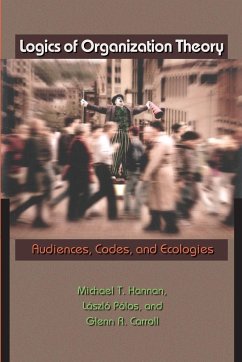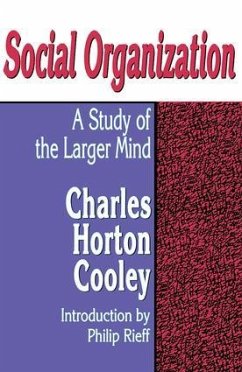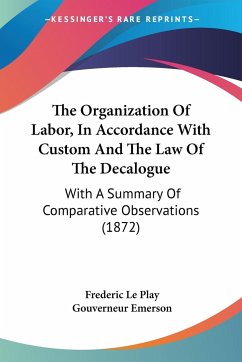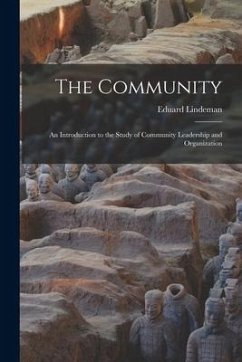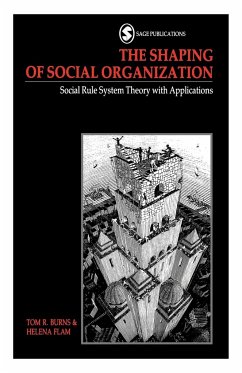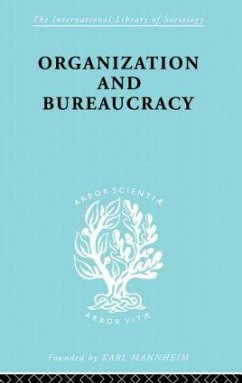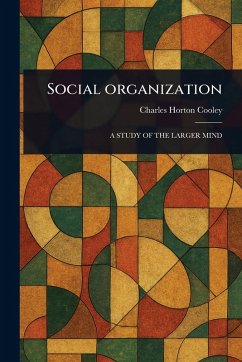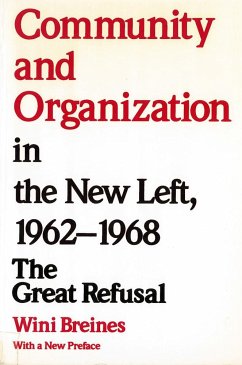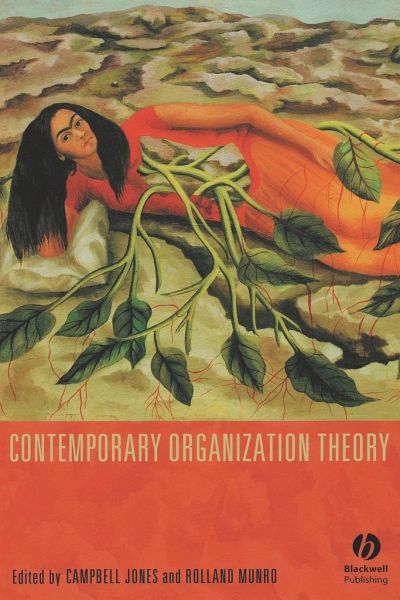
Contemporary Organization Theory
Versandkostenfrei!
Versandfertig in über 4 Wochen
40,99 €
inkl. MwSt.

PAYBACK Punkte
20 °P sammeln!
Organization, once a mainstay of sociological inquiry, has again become a key site in the rethinking of the social sciences. But despite radical changes in recent years, many of the more exciting recent ideas remain scattered across a wide array of sources. Contemporary Organization Theory brings together in a single volume some of the most important contemporary work in the study of organization. This edited collection will serve as an important introduction for students of organization and is essential reading for scholars across the social sciences. Each of the eighteen chapters introduces,...
Organization, once a mainstay of sociological inquiry, has again become a key site in the rethinking of the social sciences. But despite radical changes in recent years, many of the more exciting recent ideas remain scattered across a wide array of sources. Contemporary Organization Theory brings together in a single volume some of the most important contemporary work in the study of organization. This edited collection will serve as an important introduction for students of organization and is essential reading for scholars across the social sciences. Each of the eighteen chapters introduces, reviews and critically evaluates the work of a key theorist writing over the last two decades. Taking stock of the state of contemporary organization theory, the contributors to this volume engage powerfully with each theorist and develop and extend their work.



